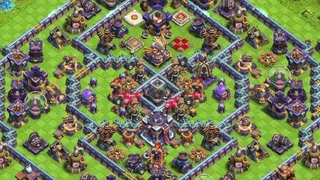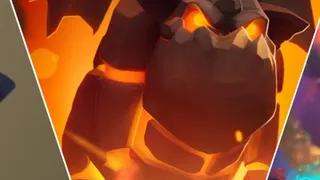Whether you like to play ranked or friendly matches, Rocket League’s online mode is one of the most popular ones in the gaming community.
Unfortunately, the last Rocket League update brought some connectivity issues. Many players are having trouble connecting to the game’s online mode, or they start lagging when they are already playing.
This problem can become a real nuisance if you are playing a ranked or tournament match. We are here to help you solve this problem.
What Are the Most Common Connectivity Issues Players Have Had Since the Last Game Update?
You can start having connectivity issues at any point during a match or before it even starts. If the problem shows up while you are playing, you’ll start having high ping during your match.
Let’s say you usually get about 20 to 25 ping while playing in your region’s servers. If the ping gets to 30 or 35, it could be because of a problem with your internet provider or house connection.
Now, if you go from that to a consistent 80 ping, the problem may go beyond that, especially if it stays like that all the time. That’s what’s happening to Rocket League players now. Naturally, you can’t play comfortably when you are lagging like that.
Other players straight up can’t connect to the servers to play.
Most Common Solutions to Rocket League’s Update Issues
Although this problem will only disappear once the Rocket League team patches it, some solutions online have helped other players work around the issue. Nonetheless, they are not definitive solutions as the problem comes from an internal game error, so don’t expect it to disappear completely.
These are some of the best solutions we’ve found to troubleshoot Rocket League’s update issues:
General Fixes
You may have already tried this, but relaunching the game can help at times, so it should be your first move. Restarting your router will also tell you if the problem comes from your internet connection. Playing on a wired connection will almost always reduce lag, too.
Check your region to make sure you are not playing in a restricted one. Switching to other regions will likely affect your connection. You could also disconnect other devices from your home network to reduce your ping.
Go to your network settings in the device you are using to play and use a Google Public DNS if you are not doing it already. Enabling port forwarding can also help.
PC
Start by deleting the Rocket League cache on your PC. After that, add a Windows Firewall exception for the game.
While you are at it, check if your device’s time is correct. If that doesn’t work, we recommend you set Internet Explorer’s privacy settings to “medium.” Update Internet Explorer and its security protocol if you don’t have the latest version.
Xbox
Check the Xbox Server Status. If the server is down, you’ll have to wait until it comes back online.
Switch
If you’ve tried the general fixes and the problem doesn’t go away, install the game on the Switch’s internal storage instead of the SD card. You should also check if you are using the best Wi-Fi frequency for Rocket League.
Adjusting the Rocket League’s MTU should help too.
PlayStation
All the general fixes listed before should help if you are playing on PlayStation, but feel free to check the PlayStation Server Status too. If PlayStation’s servers are down, wait until the PS team fixes them.
Final Thoughts
Those are almost all the solutions players have come up with to solve Rocket League’s connectivity issues. Try to apply them all to see if one of them works. Hopefully, the Rocket League team will patch the problem soon.
We know solving the problem now won’t remove your lost matches. As it happens with other games’ ranking systems, you have to win most of your matches if you want to rank higher. However, you can solve that problem by hiring an Elo booster to take you to your dream rank.







